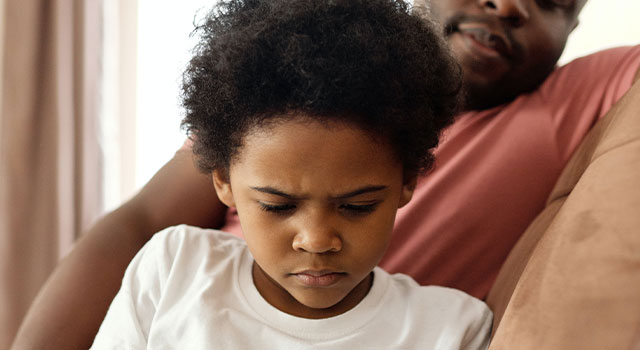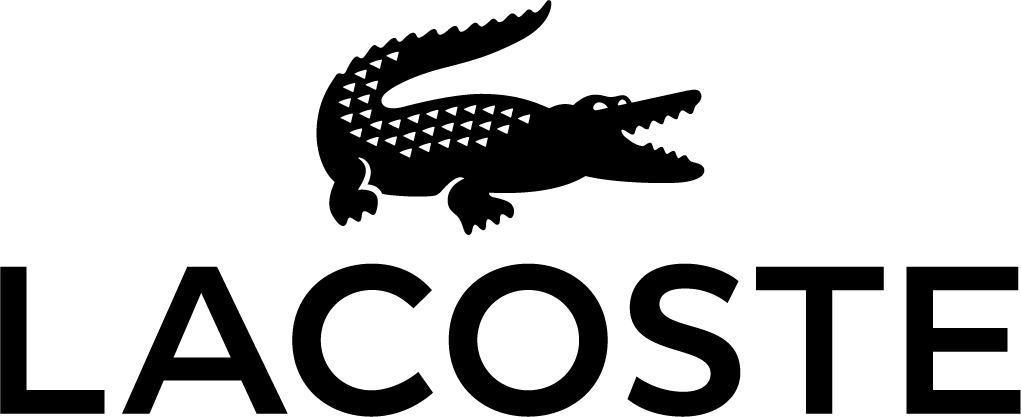
You may have heard of vision therapy in the context of helping adults and children with a lazy eye, eye turn, or learning difficulties.
But did you know that in some cases, vision therapy may also be effective in preventing, reducing, or slowing myopia (nearsightedness)?
While it’s true that scientists haven’t yet found a cure for myopia, vision therapy may help by targeting certain contributing factors of myopia.
To assess whether vision therapy is right for your child, call Vision Therapy Center at The Solution Center of Professional VisionCare in Lewis Center today.
But First, How Does Vision Therapy Work?
To give you a better sense of what vision therapy is, here are some facts. Vision therapy:
- Is a non-invasive set of visual exercises tailored to your specific needs
- May involve the use of specialized prisms or filters, computerized aids, balance beams, and other therapeutic tools
- Trains the brain and eyes to work as a team
- Develops visual skills like eye tracking, teaming, accommodation, convergence, visual processing, visual memory, focusing, and depth perception
- May involve an at-home component, like daily visual exercises
- Is evidence-based. Published data has shown that it can be an effective program to improve reading, learning, overall school and sports performance
How Does Vision Therapy Relate To Myopia?
While vision therapy may not be able to fully reverse or treat myopia, some nearsighted people appear to benefit from it.
Some vision therapists have reported patients’ myopia improvement during or after the vision therapy process. This may be due to a strengthened visual skill called accommodation—the eyes’ ability to maintain clear focus on objects. Poor focusing skills have been linked to myopia. In fact, research shows that having an accommodation lag (when the eyes can’t pull the focus inwards enough to clearly see a very close object) could be a risk factor for myopia development and progression. That said, it’s worth noting that research findings are still mixed on this matter.
Accommodative spasm, also known as “pseudo-myopia,” occurs when the eyes lock their focus on a near object and then have difficulty releasing the focus to view distant objects. The reason this is considered a false myopia is because it has to do with the focusing mechanism of the lens rather than the elongation of the eye, the main characteristic of myopia.
Pseudo-myopia can be treated with vision therapy, assuming the accommodation spasm is the only culprit for blurred distance vision. In this case, the patient may no longer need to wear prescription lenses for vision correction following a successful vision therapy program,
So what’s the bottom line?
In some cases, vision therapy may be able to improve a person’s blurry vision—but research on the subject is ongoing.
If you or your child has myopia and you’re curious as to whether vision therapy can help, schedule a functional visual assessment for your child.
To schedule your appointment with Dr. Carole Burns, call Vision Therapy Center at The Solution Center of Professional VisionCare today.
Q: #1: Who can benefit from vision therapy?
- A: Children and adults with visual dysfunction can benefit from a personalized program of vision therapy. Visual dysfunction can manifest in many ways, including—but not limited to—behavioral and learning problems, coordination difficulties, headaches, dizziness, nausea, anxiety, and attention deficits.
Q: #2: Do all optometrists offer vision therapy?
- A: No. You should only seek vision therapy from a qualified optometrist experienced in offering vision therapy for a variety of visual disorders. Other types of therapists sometimes claim to offer vision therapy, but only an eye doctor can prescribe the necessary visual treatments for optimal results.
- Vision Therapy Center at The Solution Center of Professional VisionCare serves patients from Lewis Center, Westerville, Johnstown, Northeast Columbus, and throughout Ohio.































